
Denzel Washington, an actor synonymous with powerhouse performances, has graced the silver screen with countless memorable roles.
From “Training Day” to “Malcolm X,” his versatility and charisma have solidified his place in Hollywood’s pantheon of greats. However, amidst his illustrious filmography lies a hidden gem that often goes unnoticed: the 1998 supernatural thriller, “Fallen.”
A Unique Narrative:
“Fallen” stands out not just in Washington’s repertoire, but also in the broader landscape of 90s cinema. Directed by Gregory Hoblit, the film delves into the world of homicide detective John Hobbes (played by Washington), who finds himself entangled in a series of murders that bear an eerie resemblance to those committed by a recently executed serial killer. As the plot unfolds, Hobbes discovers a malevolent spirit named Azazel, capable of transferring from one person to another through touch, orchestrating these crimes.
The narrative’s brilliance lies in its seamless blend of crime, mystery, and the supernatural. While many films struggle to balance multiple genres, “Fallen” does so with finesse, ensuring that the audience is constantly on the edge of their seats.
Washington’s Subdued Brilliance
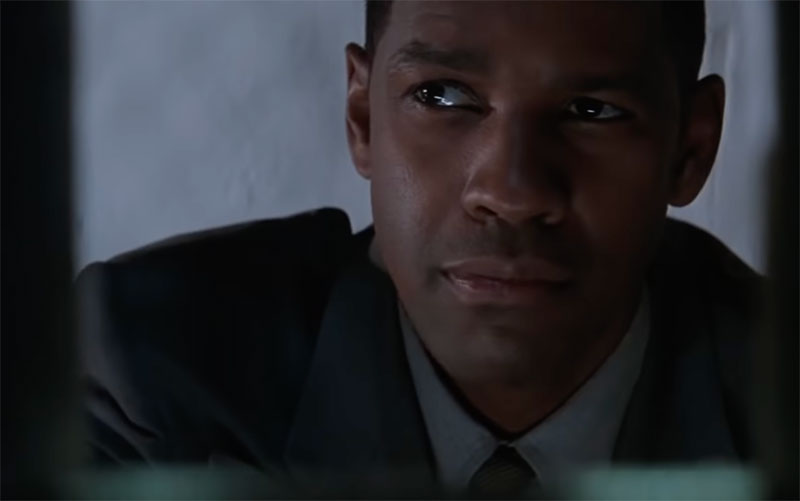
Denzel Washington’s portrayal of John Hobbes is a masterclass in subtlety. Unlike his more flamboyant roles, Washington adopts a restrained approach, capturing the essence of a detective grappling with realities beyond human comprehension. His internal conflict, as he battles skepticism and fear, showcases a side of Washington that’s rarely seen. It’s a testament to his acting prowess that he can convey so much with so little, making “Fallen” one of his most nuanced performances.
Supporting Cast & Cinematography
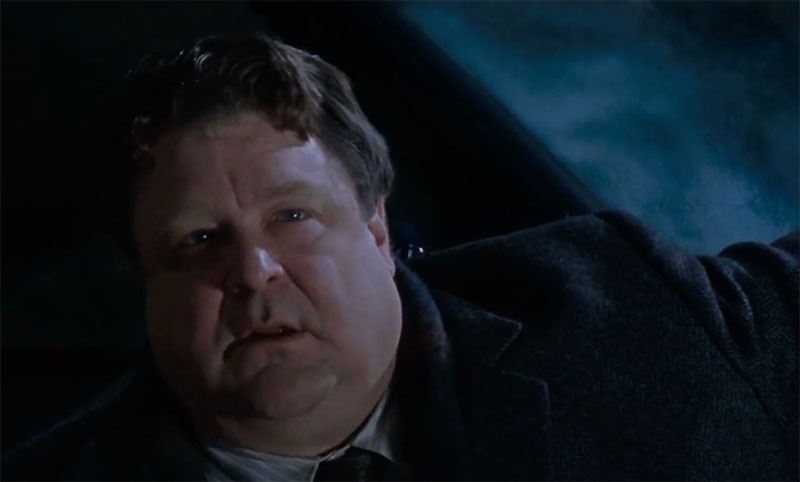
While Washington is undoubtedly the star of the show, “Fallen” boasts an impressive ensemble cast, including John Goodman, Donald Sutherland, and Embeth Davidtz. Each actor brings depth to their respective roles, adding layers to the story and enhancing the overall viewing experience.
The film’s cinematography, helmed by Newton Thomas Sigel, deserves special mention. The moody, atmospheric shots, combined with the haunting score by Tan Dun, create an immersive world that draws viewers in. The use of shadows and muted colors adds to the film’s eerie ambiance, making it visually captivating.
Deep Dive into the Supernatural:
“Fallen” is noteworthy for being the only supernatural film to feature Washington. The movie’s premise, which revolves around an ancient demon that can possess people, is both intriguing and terrifying. The demon’s ability to jump between bodies is incredibly cinematic, resulting in several suspenseful scenes. The film’s use of the Rolling Stones’ song “Time is On My Side” adds an eerie touch, forever changing the way viewers perceive the track.
The theological concepts explored in the film, combined with its thrilling narrative, make it a standout in Washington’s filmography. The actor’s devout Christian beliefs likely influenced his decision to take on the role, as the screenplay delves deep into themes of good versus evil, god and the devil.
The Unforgettable Ending
One of the most talked-about aspects of “Fallen” is its ending. It’s a conclusion that has polarized audiences and critics alike, but it’s undeniably one that sticks with viewers long after the credits roll.
From the outset, “Fallen” sets the tone with its narration. Washington’s character, Hobbes, recounts, “I want to tell you about the time I almost died,” a line that immediately captures the audience’s attention. As the narrative unfolds, the film plays with the noir trope of the narrating detective, only to subvert it masterfully in the climax.
Without giving too much away, the ending is a masterstroke in storytelling. It challenges the conventional expectations of a Hollywood conclusion, where the hero triumphs over evil. Instead, “Fallen” offers a more nuanced, thought-provoking finale that underscores the film’s themes of the eternal battle between good and evil. The culmination feels both inevitable and shocking, a testament to the film’s tight screenplay and direction.
The film’s conclusion also plays with the idea of perspective. Who is truly narrating the story? What are their motivations? These questions linger, prompting discussions and debates among fans and first-time viewers alike.
Moreover, the ending reinforces the omnipresence and persistence of evil. It’s a reminder that, in the world of “Fallen,” the battle against malevolent forces is never truly over. The haunting strains of “Time is On My Side” become a chilling reminder of this fact, forever etched in the minds of those who’ve witnessed the film’s final moments.
In an era where predictable endings are all too common, “Fallen” stands out for its audacity and willingness to challenge its audience. It’s an ending that doesn’t provide easy answers, but instead invites viewers to reflect, discuss, and revisit the film to uncover its many layers.
Why “Fallen” Deserves More Recognition
In today’s age of appreciation for genre-blending and intricate storytelling, “Fallen” is ripe for rediscovery. Its thought-provoking themes on the nature of evil, combined with stellar performances and gripping visuals, make it a must-watch for any cinephile.
While Denzel Washington has an array of iconic roles under his belt, “Fallen” remains one of his most underrated. It’s a film that challenges conventions, offers a fresh take on the supernatural genre, and showcases Washington in a light that many might not have seen before. If you’re looking to explore the depths of Washington’s acting range or simply enjoy a well-crafted thriller, “Fallen” is a movie that deserves a spot on your watchlist.

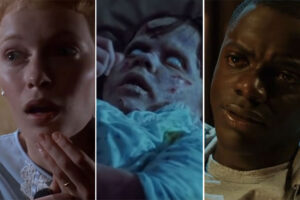
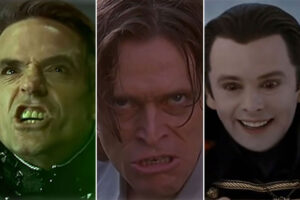




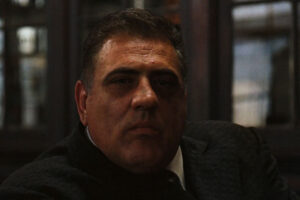

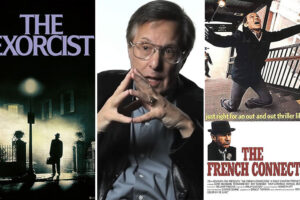
Leave a Reply